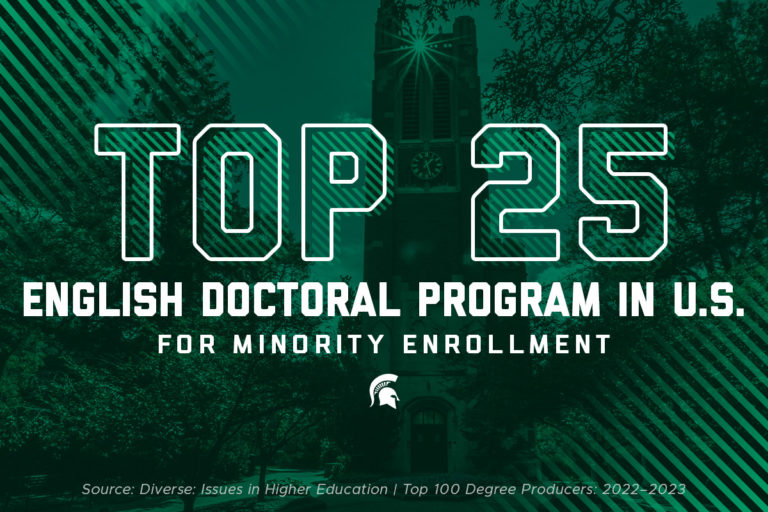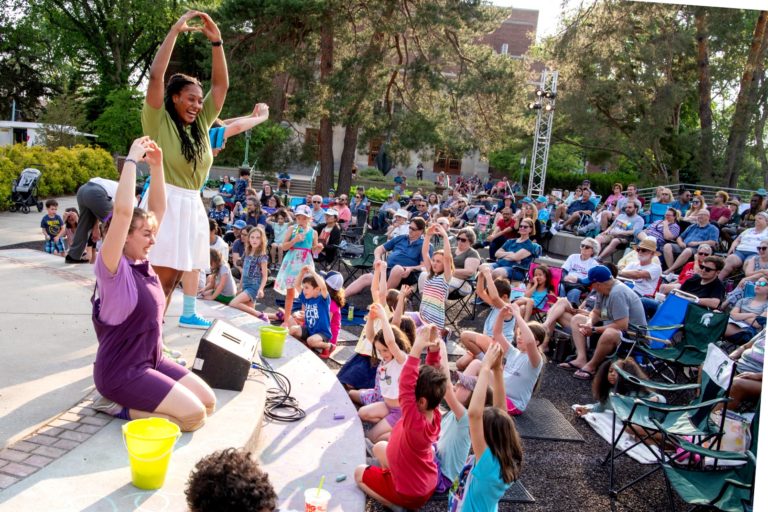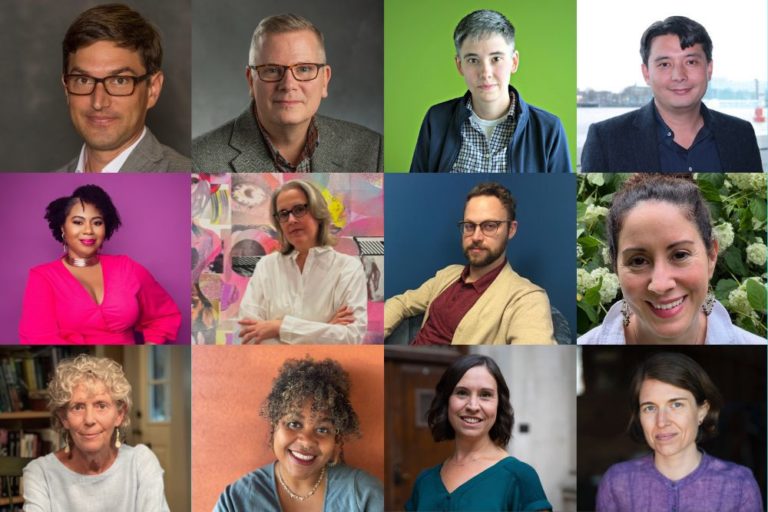Carmen De Lorenzo, Instructor and Coordinator of the Italian Program in the Department of Romance and Classical Studies at Michigan State University, has received the Michigan World Language Association’s (MIWLA) Georges J. Joyaux Post-Secondary Educator Award, recognizing her outstanding achievements in language education and dedication to expanding cultural and educational opportunities for her students and the MSU community.
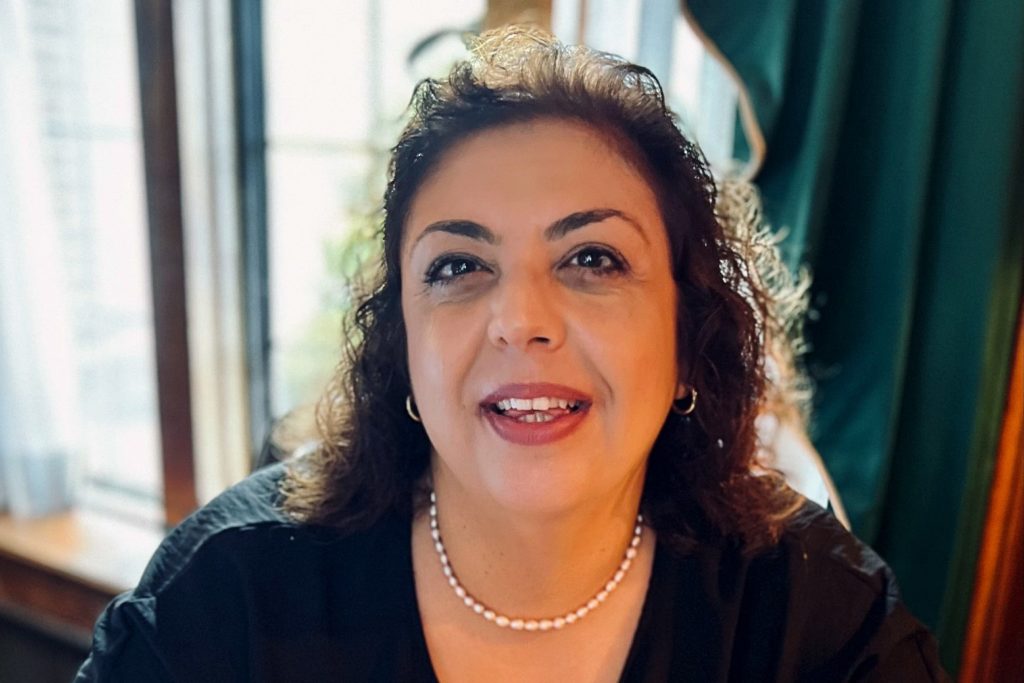
The Georges J. Joyaux Post-Secondary Educator Award is given each year to an outstanding post-secondary faculty member or administrator in Michigan who is committed to the principle of expanding Americans’ understanding of world languages and cultures to enhance their standing in the world of education, culture, and business. The award honors Georges J. Joyaux, a founder and past president of the Michigan Foreign Language Association who taught French at Michigan State University for more than 40 years.
Throughout her career, De Lorenzo has focused on building strong partnerships with nonprofits to attract new students to MSU and to provide opportunities for current students. For her, receiving the Georges J. Joyaux Post-Secondary Educator Award represents a significant career milestone.
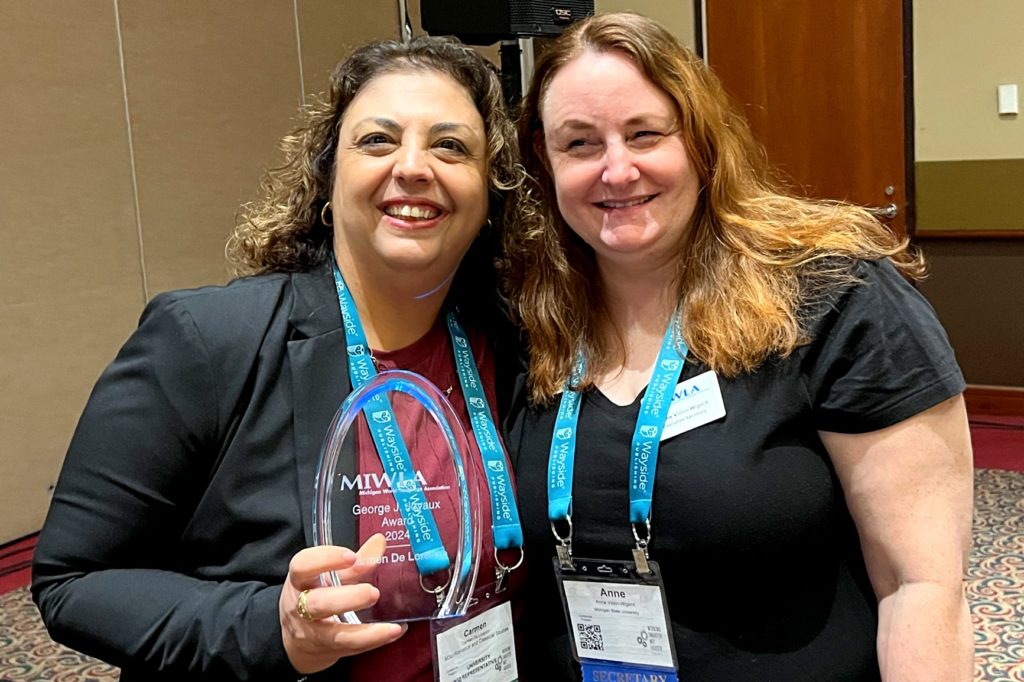
“I’m just very happy that I received this honor, and it’s nice to share it with other people,” De Lorenzo said. “I hope this will bring some kind of hope to other teachers that if you work hard and really believe that you can make your projects come through, even if it’s hard work and you’re not paid for it, you’re going to be happy and you’re going to get some kind of satisfaction.”
De Lorenzo joined MSU in 2005 to pursue a master’s degree in TESOL (Teaching English to Speakers of Other Languages) while teaching French and Italian. Her passion for her work is reflected in her collaborative projects, conference presentations, research into new teaching strategies, and dedication to education.
“The thing that really makes me happy to do my job every day is the students. I really enjoy being with the students, talking to them, discovering how people change in different generations, and doing this in a second language is always nice.”
Carmen De Lorenzo, Instructor and Coordinator of the Italian Program
“The thing that really makes me happy to do my job every day is the students,” De Lorenzo said. “I really enjoy being with the students, talking to them, discovering how people change in different generations, and doing this in a second language is always nice.”
Outside the classroom, De Lorenzo has created several community programs, including the Italian for Adults program that offered beginner and intermediate classes and was established through the MSU Alumni Associate and Community Language School, the French and Italian for Kids curriculum that introduced young learners to these languages and was offered by the Community Language School, and the LEAF (Les étudiants avancés de Français) initiative that supported middle and high school students across Michigan to advance their French skills and prepared them for the AP exam. Both the French and Italian for Kids curriculum and LEAF were developed in collaboration with Sandhya Shanker, former Director of the Community Language School in the Center for Language Teaching Advancement (CeLTA).
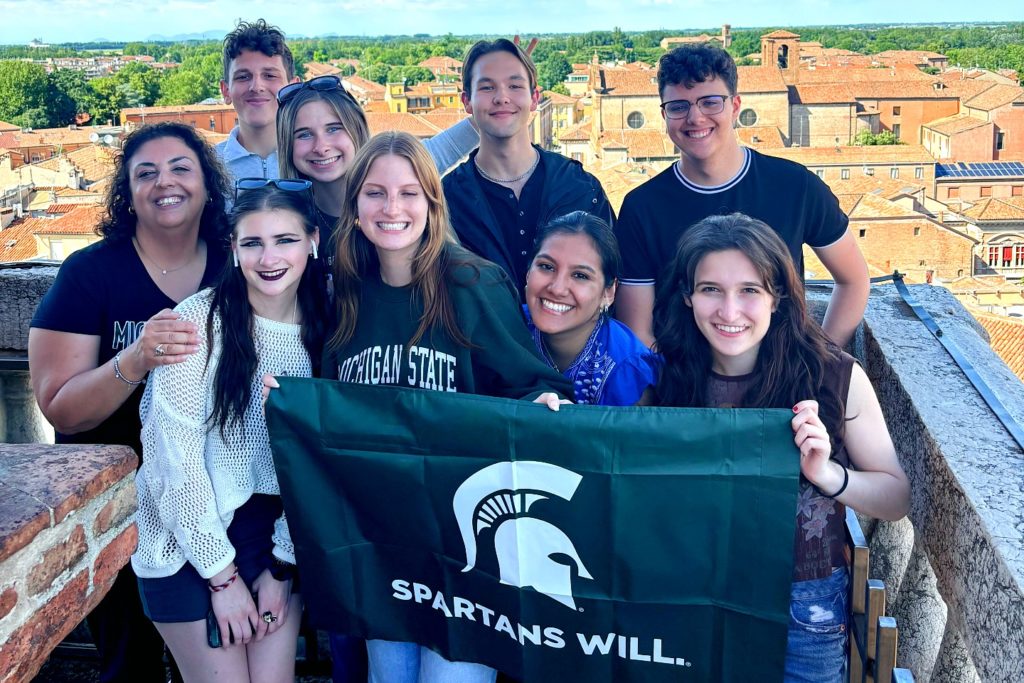
“I would like to help re-establish the Community Language School classes and Summer Camps, which provide local and affordable opportunities for community members — both children and adults — to learn new languages and experience diverse cultures,” De Lorenzo said.
De Lorenzo’s outreach extends to collaborations with the Michigan 4-H program, MSU’s Grandparents University, advising the MSU Italian Club, and organizing the Italian Film Festival USA at MSU, which showcases contemporary Italian cinema. De Lorenzo also has strengthened the Italian program’s presence through the Dante Alighieri Society of Michigan, with events in Detroit and Lansing. She regularly presents at conferences like MIWLA, the American Council of the Teaching of Foreign Languages (ACTFL), and the American Association of Teachers of Italian (AATI) and has led a summer study abroad program in Ferrara, Italy, providing students with immersive language experiences abroad.
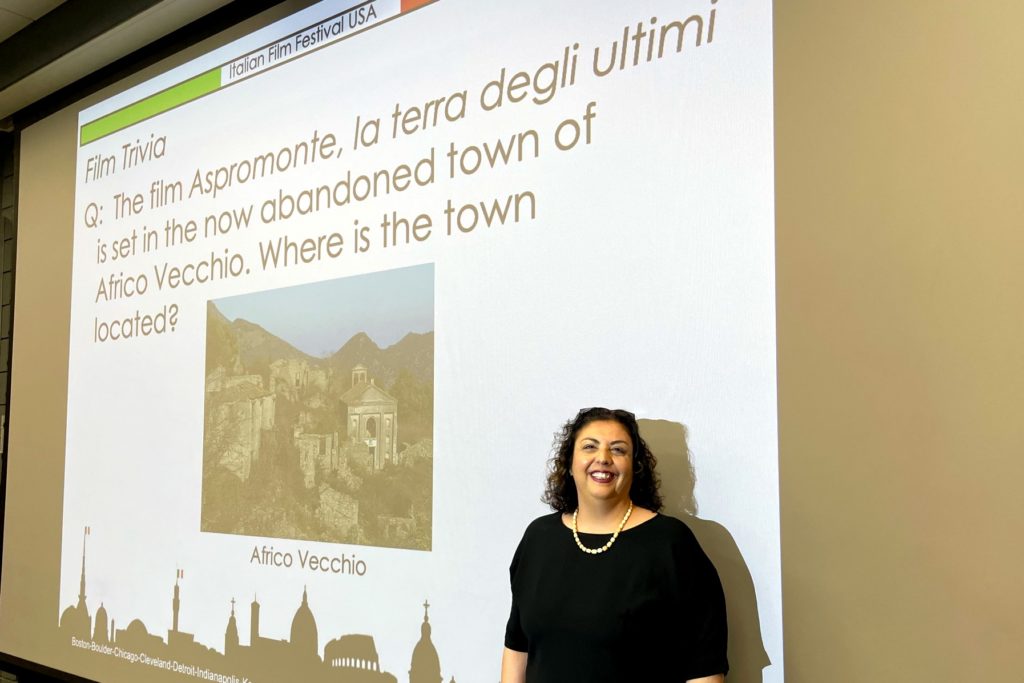
As she looks to the future, De Lorenzo has begun experimenting with ways to use artificial intelligence to help students learn languages. She believes that, when managed properly, AI is a valuable tool for language learning.
“In one of my advanced classes, for example, we use an AI app that allows students to talk to some Italian authors from the past, who are now dead,” De Lorenzo said. “AI impersonates them, and the students can ask questions, which is a fun activity, and students use the language more freely.”
De Lorenzo also is focused on bringing more students to Italy with her study abroad program and creating more opportunities for them to make connections that will lead to internships or volunteer experiences abroad.
